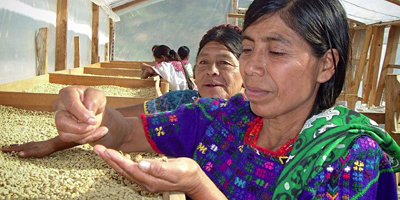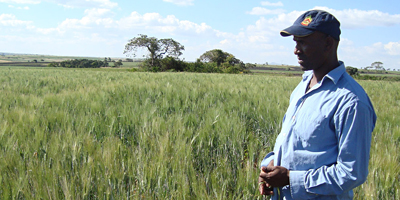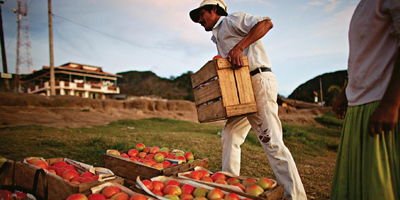Aligned with the pillars of the 2030 Agenda, the contribution provided by Office VI of the Italian Development Cooperation Agency focuses primarily on the People Pillar, contributing to the second Sustainable Development Goal, End hunger, achieve food security, improve nutrition, and promote sustainable agriculture. The cross-sector nature of the issues tackled by the Office involves other goals of the 2030 Agenda related to the Planet Pillars, regarding renewable energy and ecosystem sustainability, and the Prosperity Pillar, for inclusive economic growth and employment.
The latest United Nations Report on Hunger and Nutrition notes that global hunger, particularly undernutrition, is still far above pre-COVID-19 pandemic levels, driven as it is by worsening climate crises, wars and ongoing conflicts. In Africa, undernutrition has risen further, mainly in North Africa and Southern Africa. Against this backdrop, AICS actions aim to promote resilient, sustainable and quality food production systems, improve nutrition and the incomes of smallholder farmers, particularly by supporting the access and role of women and youth in agriculture.
Based on established experience in agriculture and food security, the typical thematic areas of AICS-funded initiatives are:
- sustainable agriculture based on the principles of agroecology, the circular economy, dissemination of agricultural practices resilient to climate change, the preservation of biodiversity, sustainable management of natural resources, and soil and water in particular;
- food security, the transformation of food systems, the introduction of technologies and protocols for improving food production and quality, sustainable food processing and preservation, and the reduction of food waste, the development of connections with markets;
- urban food policies, such as supporting the development of city food policies and strategies in terms of food self-supply plans, urban agriculture plans, school lunch programmes;
- technical and scientific training, across the projects, involving Italian centres of excellence, Civil Society Organizations (CSOs), and other parties capable of creating synergies to foster skills development and strengthen governance processes.
Office VI, together with AICS field offices abroad, fosters collaboration among local, Italian and international actors, with a view to producing replicable and sustainable results. Specifically, value chains can be supported by promoting partnerships between institutional actors, research institutions and universities, CSOs, producer and supply chain organizations, and local micro, small and medium-sized enterprises (MSMEs), with an emphasis on the development of the agri-food and agricultural processing industries and the rational and sustainable use of natural, water and unconventional resources.
The initiatives focus primarily on the most vulnerable Partner Countries, which are a priority for the Italian Development Cooperation system, since their economies are predominantly dependent on agro-pastoral and small-scale fishery activities, featuring a low degree of technological innovation and practised at the family and smallholder level. Initiatives are prioritised to promote diversified and ecologically sustainable food production, with a focus on crops with higher nutritional value and/or greater resilience to climate change, to ensure the continuity of food, supply and distribution chains, and to secure inputs for smallholder farmers, ranchers and fishers.
The role of women is emphasised in all aspects of food security and development in agriculture – food availability, land ownership, sustainable use and equitable access to resources and their stability over time, in both rural and urban contexts, focusing on the gender approach adopted by the Italian Development Cooperation system.
In strategic sectors, such as agri-food and agro-industry, the private sector intervention is part of a strategy aimed at fostering sustainable development in Partner Countries through the use of innovative financial instruments, know-how transfer, promotion of technology and digitisation, operational research and innovation.


